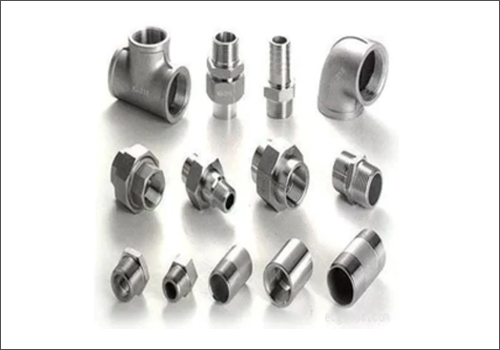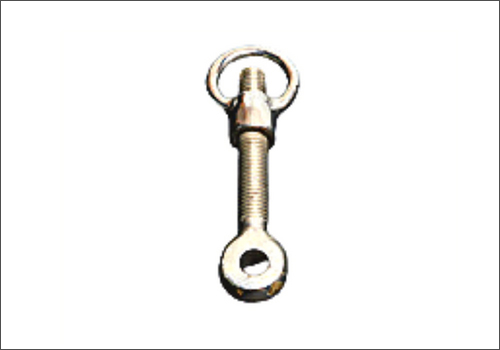Forging is the process of shaping metal into its finished shape by force of impact or hitting it against an anvil or die.
A wide range of metals can be forged.
Forging Parts in Brass, Aluminium Bronze, Copper, Aluminium, M.S., S.S., etc.

We use the following material for Ferrous Casting

Indo German Shell Cast is a distinguished manufacturer and supplier of ferrous forging parts. We serve a wide range of industries, ensuring exceptional quality standards for each. Our experience with international clients has given us deep insights into their specific requirements. Our product quality stems from a number of activities like perfect planning, dedicated efforts and an excellent execution.
Forging is a manufacturing process that involves shaping metal using localized compressive forces, typically delivered through hammers. When it comes to ferrous metals, which primarily consist of iron and its alloys, forging plays a crucial role in producing components that require high strength and durability. The process begins with heating the ferrous metal to a temperature that makes it malleable, allowing it to be shaped without breaking. This heating can be done in a variety of ways such as using furnaces or induction heating and the specific temperature depends on the type of ferrous metal being forged. Carbon steel, alloy steel and cast iron are common ferrous metals, each possessing distinct properties that affect the forging process. Once the metal reaches the desired temperature, it is placed into a die, where it is shaped through the application of force. This shaping can be done in several ways like open-die forging, closed-die forging and impression-die forging, each offering different levels of precision and complexity in the final product.
The forging process not only alters the shape of the metal but also refines its internal structure, enhancing its mechanical properties. As the metal is deformed, the grain structure becomes elongated and aligned in the direction of the applied force which contributes to improved strength. After forging, the components may undergo additional processes such as heat treatment, machining or surface finishing to achieve the desired specifications.The adaptability of forging allows for the production of a wide range of ferrous metal components from simple to complex shapes, making it a vital technique in industries such as automotive,aerospace and construction.